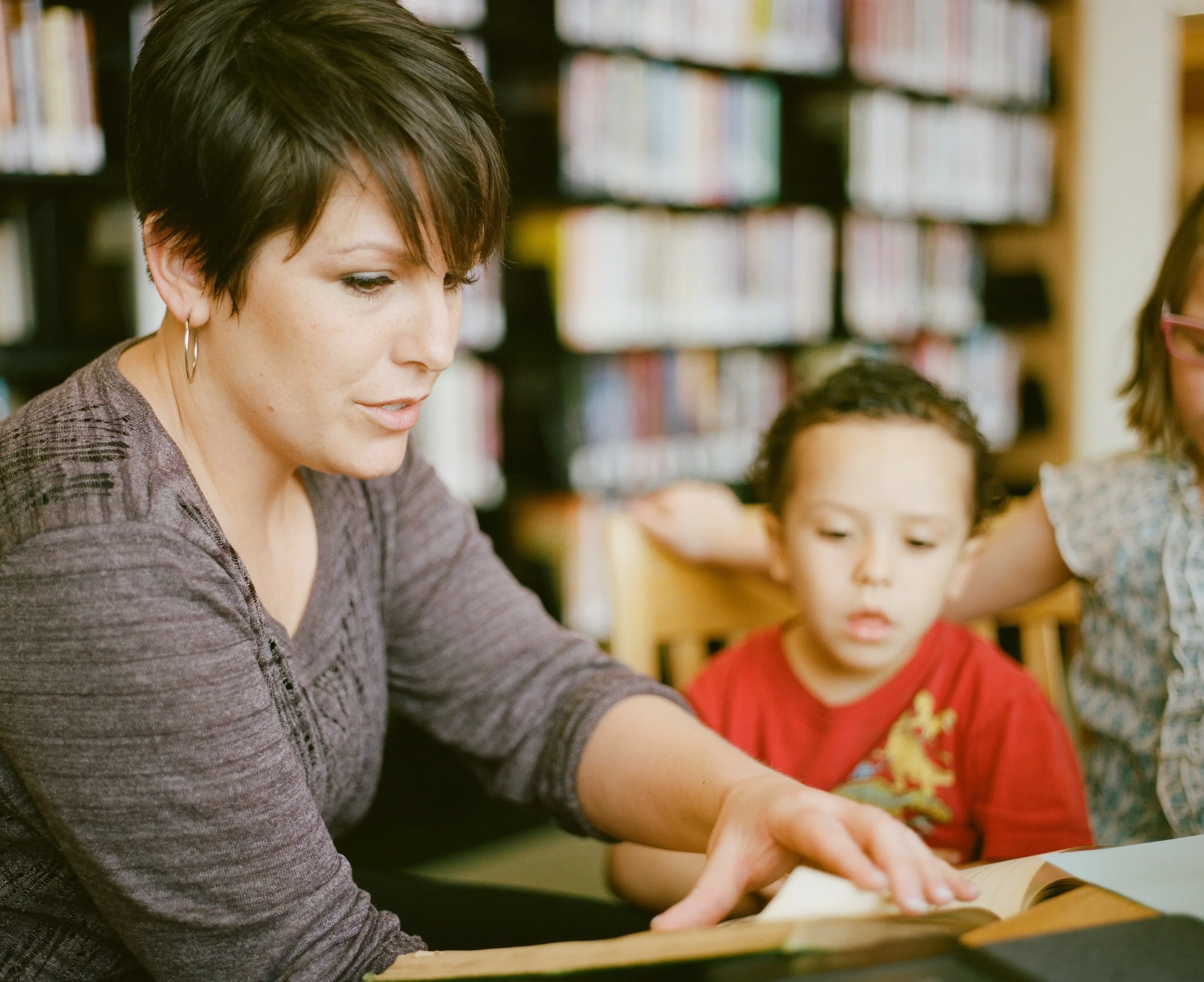Women experience greater barriers to achieving financial wellbeing than men. In today’s analysis, David Prior and Imogen Morgan of Good Shepherd Australia New Zealand (@GoodShepANZ) and Michael Joyce from Financial Inclusion Action Plan (FIAP) explore how existing workforce gender inequalities were magnified during the COVID-19 pandemic, and the role employers can play in supporting their employees’ financial wellbeing.
Read MoreExploration of some of the fundamental issues and opportunities to strengthen medicines access for Pacific Island Countries
Read MoreIn Anti-Poverty Week @AntiPovertyWeek it is worth reflecting on what lessons can be learnt from the experiences of, and government responses to, the COVID-19 pandemic – particularly in relation to mental health, financial stress and income support. One key question is whether the Australian Government's Coronavirus Supplement, a temporary income support payment for unemployed jobseekers during the height of COVID-19, protected mental health. This question is investigated by Life Course Centre @lifecourseAust Research Fellow Dr Ferdi Botha @FerdiBotha_MI of the Melbourne Institute: Applied Economic & Social Research @MelbInstUOM. This article was originally published in Austaxpolicy: Tax and Transfer Policy Blog.
Read MoreToday’s blog post from Myfan Jordan (@myfan_jordan) of Grassroots Research Studio follows last week’s article describing workplace experiences for women over 40 during the pandemic: Pandemic or endemic: older women and the toxic workplace. Today, we hear the experiences of a disability educator and a healthcare worker during the pandemic. In their own words, they tell us of the psychological health and safety risks they experienced working at the frontline.
Read MoreIn today’s post, Sulagna Basu (@sulagna_basu) and Briony Lipton (@briony_lipton) discuss the findings of their recent research into work attire and conceptions of professionalism, highlighting the minefield women negotiate on a daily basis.
Read MoreNew research shows households with young children are feeling the highest level of stress as a result of the COVID-19 pandemic. This is highest for families in communities that experience moderate levels of poverty. Professor Abigail Payne from the University of Melbourne discusses what needs to happen to ensure families are not left behind as we look ahead to the COVID-19 economic recovery.
Read MoreAs pandemic impacts continue to be felt across much of Australia, changes in personal debt, particularly for women and lower-income households, is increasingly concerning. In today’s analysis, Dr Lucinda O’Brien (Melbourne Law School), Dr Vivien Chen (Monash Business School), Professor Ian Ramsay (Melbourne Law School) and Associate Professor Paul Ali (Melbourne Law School) report on research recently published on how under -regulated debt collection practices are contributing to women’s lack of safety.
Read MoreLast week we learned that the gender pay gap widened in the first half of the year, with men earning on average $260 per week more than women. In today’s analysis, economist Leonora Risse (@LeonoraRisse) of RMIT, the Women and Public Policy Program at Harvard (@wapppHKS), and the Women’s Leadership Institute Australia (@WLIAus), parses the numbers to provide a more nuanced understanding of where the pain points are most acute, and provides policy remedies for this seemingly intractable issue.
Read MoreAs lockdowns become ‘the new normal’ in Australia, working from home, at least for some workers, is also becoming normalised. While working from home provides many women with the much-needed flexibility they need, there is also potential for a further eroding of gender equality, both in the workplace and the home. In today’s analysis, Sally Moyle (@SallyMoyle) and Helen Innes, both with the National Foundation for Australian Women (@NFAWomen) Gender Lens on the Budget team, explain how the government should be responding to the rapid changes in work-from-home practices. This analysis is drawn from their Federal Budget 2021/22 analysis on work from home policies. You can read a summary of NFAW’s infrastructure analysis here, and an overview of how the budget is analysed here.
Read MoreThis year’s Federal budget, announced on May 11th, included a Women’s Budget Statement. Perhaps this was added after last year’s budget left many women feeling their needs were not considered. But will this budget deliver for women? Today’s analysis from Kathy MacDermott and Louise McSorley, on behalf of the National Foundation for Australian Women (@NFAWomen), examines the government’s infrastructure plans using a gender lens. This piece is synthesized from the NFAW’s infrastructure analysis.
Read MoreWhile the news has been full of the increasing financial stress many Australians are facing with the withdrawal of JobKeeper and the Coronavirus Supplement, there has been little focus on what these changes mean for children. Australia has signed on to the Sustainable Development Goals, but have been criticised for the high levels of poverty, and child poverty in particular, with little progress in evidence across the years. In today’s post, Sharon Bessell (@BessellSharon) of ANU’s Crawford School of Public Policy (@ANU Crawford) shares her important research conducted with children, who explain in their own words the stressors and constraints that poverty places on their everyday decisions, plans for the future, and family relationships. This provides fresh insight into how the less generous support settings will exacerbate wellbeing and opportunities for children and families in low-income households.
Read MorePRIMARY CARE NETWORKS (PCNs) were introduced across England in July 2019, bringing together groups of general practices, along with community providers, to develop new services for patients. These networks respond to a need for better integration of health and social care services and issues of sustainability in primary care.
Read MoreThe Covid-19 pandemic is presenting governments, social work leaders, managers and frontline practitioners with unique challenges. In this blog, Harry Ferguson, Sarah Pink and Laura Kelly discuss their Economic and Social Research Council-funded research, which explores its impact on children, families and child protection social work.
Read MoreAs the Women’s Policy Action Tank has documented over the course of 2020, women have had unique impacts and challenges as a result of COVID-19, and they also have unique recovery requirements following this unprecedented year. In today’s analysis, Shorna Moore of the Federation of Community Legal Services (@CommunityLawVic) provides insight into women’s experiences through their interactions with community legal services, and shares a recovery roadmap. This analysis is drawn from the newly-released report, A Just and Equitable COVID Recovery – A Community Legal Sector Plan for Victoria.
Read More




















